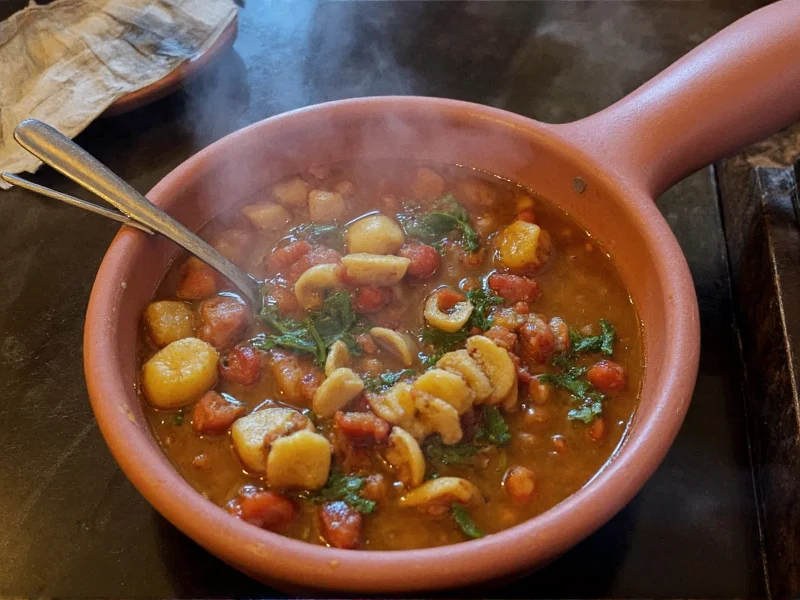A soup kitchen is a community-based organization that provides free meals to individuals experiencing food insecurity, homelessness, or financial hardship. These facilities typically serve prepared meals on-site to anyone in need, operating as a critical component of social safety nets in communities worldwide. Unlike food pantries that distribute groceries for home preparation, soup kitchens offer immediate meal service in a communal dining setting.
Understanding the soup kitchen meaning goes beyond its basic definition. These vital community resources have evolved from their historical origins to become sophisticated operations addressing modern food insecurity challenges. The term "soup kitchen" originated during the Great Depression when basic soup and bread were the primary offerings, but today's facilities serve complete, nutritious meals to diverse populations including homeless individuals, low-income families, seniors on fixed incomes, and others facing temporary hardship.
Historical Context of Soup Kitchens
The concept of communal meal provision dates back centuries, but the modern soup kitchen meaning emerged during economic crises. In the 19th century, charitable organizations and religious institutions began providing "soup houses" for the poor. The term gained widespread recognition during the Great Depression of the 1930s when "soup kitchens" became essential lifelines for millions of unemployed Americans. These establishments typically offered simple meals like soup and bread to those who had lost everything.
During this period, soup kitchens were often run by charitable organizations, churches, or sometimes even private citizens attempting to address the overwhelming need. The historical soup kitchen meaning reflected both necessity and compassion—a direct response to widespread hunger when government assistance programs were limited or nonexistent.
How Modern Soup Kitchens Operate
Today's soup kitchens function with greater organization and resources than their historical counterparts. Most operate through a combination of:
- Volunteer staffing from community members and organizations
- Donations from individuals, businesses, and food rescue programs
- Partnerships with government agencies and social service organizations
- Grant funding from foundations and charitable organizations
Unlike food banks that distribute groceries for home preparation, soup kitchens meaning specifically refers to facilities providing prepared meals consumed on-site. This distinction is important when understanding different food assistance models within community support systems.
| Food Assistance Model | Service Type | Target Population | Meal Format |
|---|---|---|---|
| Soup Kitchen | On-site meal service | Homeless, food insecure individuals | Hot, prepared meals consumed immediately |
| Food Bank | Distribution center | Partner agencies | Groceries for home preparation |
| Food Pantry | Direct distribution | Low-income households | Groceries for home preparation |
| Meal Delivery | Home delivery | Homebound seniors, disabled individuals | Prepared meals delivered to residences |
Soup Kitchen Meaning in Contemporary Society
The evolving soup kitchen meaning reflects changing approaches to addressing food insecurity. Modern facilities often provide more than just meals—they may offer:
- Connection to social services and housing assistance
- Health screenings and basic medical care
- Hygiene facilities and laundry services
- Employment assistance and job training
- Mental health support and counseling
This expanded service model recognizes that food insecurity often intersects with other challenges. Understanding the complete soup kitchen meaning requires acknowledging these multifaceted approaches to community support. Many contemporary soup kitchens operate with dignity-centered models, treating guests with respect rather than as charity cases.
Differentiating Soup Kitchens from Similar Services
When exploring soup kitchen meaning, it's important to distinguish these facilities from other food assistance programs:
Soup Kitchens vs. Food Banks: Food banks function as distribution centers that supply food to soup kitchens, food pantries, and other agencies. They typically don't serve meals directly to individuals. The soup kitchen meaning specifically relates to direct meal service locations.
Soup Kitchens vs. Food Pantries: Food pantries provide groceries for home preparation, while soup kitchens meaning refers to establishments serving prepared meals on-site. Both address food insecurity but through different service models.
Soup Kitchens vs. Community Meals: Some community centers and religious organizations offer "community meals" that function similarly to soup kitchens but may have different eligibility requirements or funding structures. The core soup kitchen meaning remains consistent—providing free meals to those in need.
Finding and Supporting Local Soup Kitchens
For those seeking soup kitchen services or wanting to support these vital community resources, several options exist:
- 211 helpline services connect callers with local food resources
- Local United Way chapters maintain updated resource directories
- Religious organizations often operate or partner with soup kitchens
- VolunteerMatch and other platforms connect potential volunteers with opportunities
Supporting soup kitchens meaning extends beyond meal service—it represents community investment in addressing food insecurity at its roots. Many facilities welcome food donations, financial contributions, and volunteer assistance with meal preparation and service.
Global Perspective on Soup Kitchen Meaning
While the term "soup kitchen" originated in American English, similar concepts exist worldwide under different names:
- "Community kitchens" in Canada and the UK
- "Food kitchens" in Australia and New Zealand
- "Refectories" in some European contexts
- "Langars" in Sikh tradition (community meal halls)
The universal soup kitchen meaning remains consistent across cultures: providing nourishment to those in need without judgment or requirement. This global perspective helps understand how different societies address food insecurity through communal meal programs.











 浙公网安备
33010002000092号
浙公网安备
33010002000092号 浙B2-20120091-4
浙B2-20120091-4